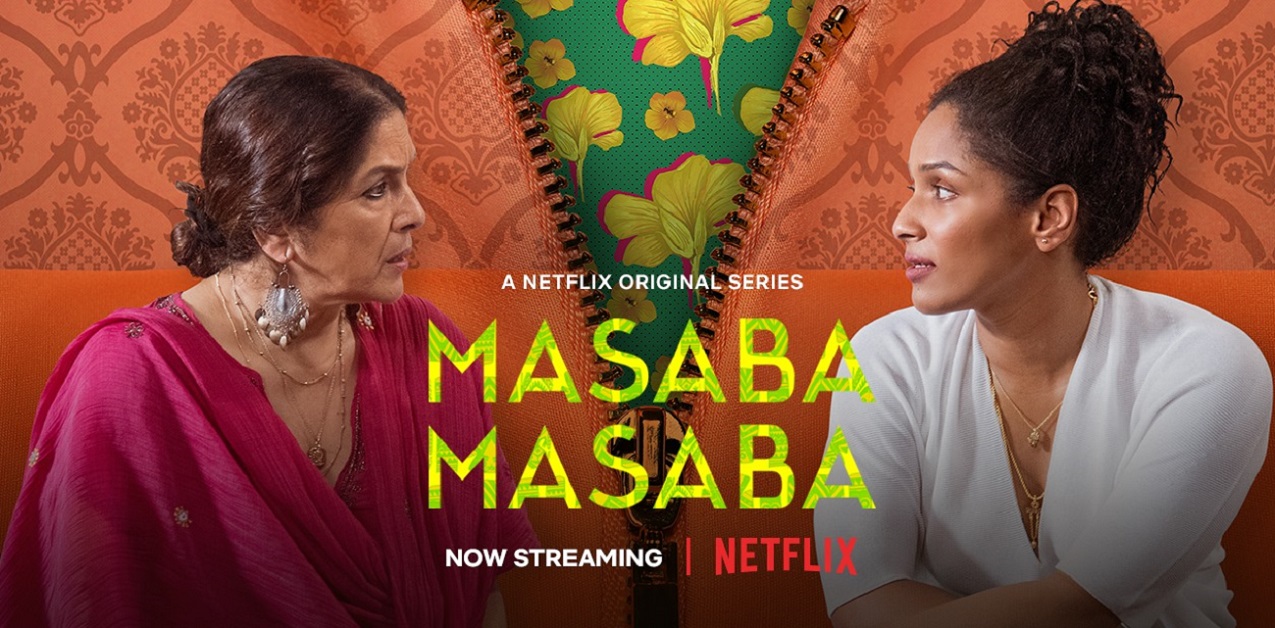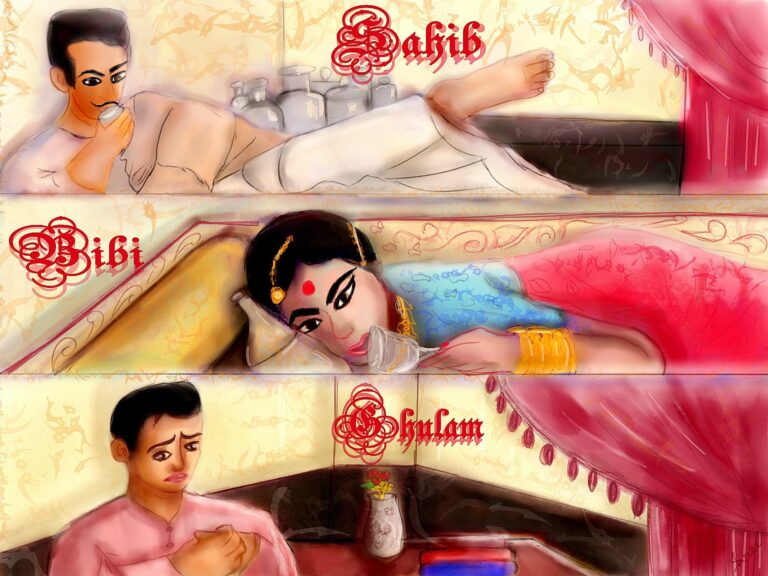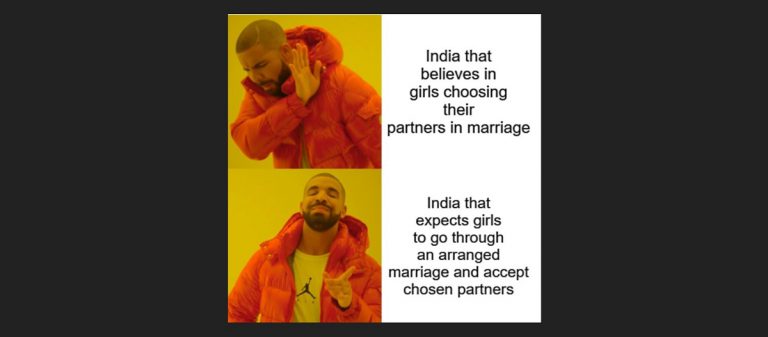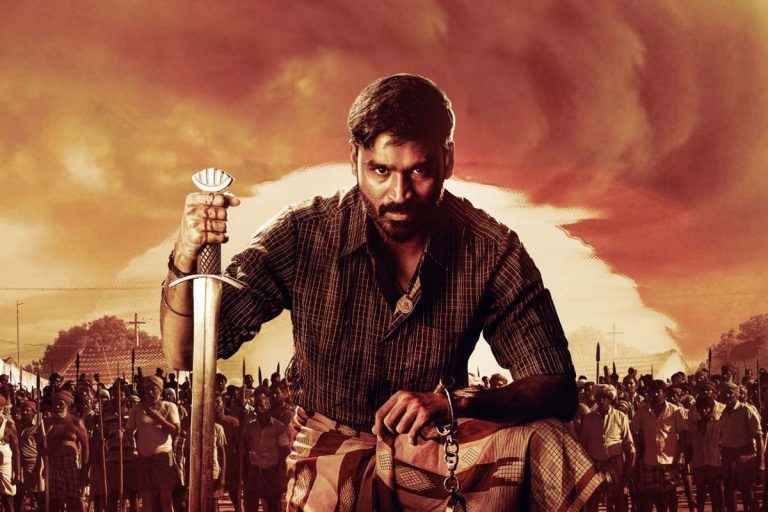Masaba Masaba: Uninteresting Account of Interesting Lives
Vidhi Bubna is a young changemaker working towards making the world a more equal place.
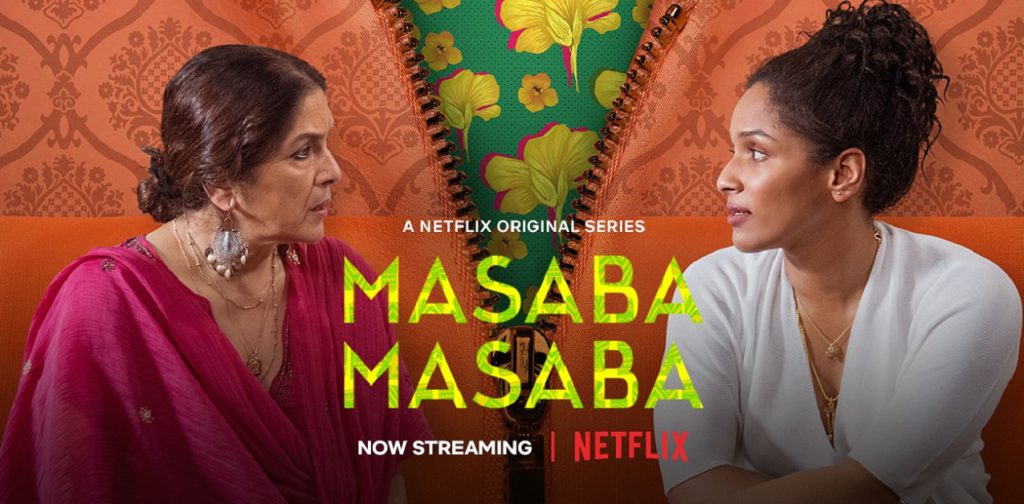
Netflix’s web series Masaba Masaba revolves around the life of the fashion designer Masaba Gupta and her mother, actress Neena Gupta. The series promises to give us the rare inside peek into the glamorous world of the hindi film and fashion industry but terribly fails to live up to its aim. A series whose first episode is about mental health and celebrity gossip (two of the most discussed topics right now on social media), doesn’t land anyway near the sheer creativity that we are seeing online.
Masaba Gupta, a successful fashion designer who runs her independent label, finds her life in utter turmoil when a blind item is published regarding her divorce which eventually turns out to be true. On the other hand, Neena Gupta is having a hard time landing roles in Hindi film industry which is innately patriarchal in its operation and does not develop meaty roles for veteran actresses. The series is a coming of age story about how they navigate their life through various hardships that come their way in both their personal life and career.
The web series directed by Sonam Nair looks at the life of the protagonist through rose tinted glasses conveniently omits the unpleasant parts of the life of the protagonists and does not provide too much depth to any character or situation. The gaze of the show is not that of an insider as it retells the stories that we already know, almost without adding any new detail to it. The plot points are cliched and felt as if it is derivative.
The role of Masaba played by herself is a paper-thin role devoid of any layers. Masaba Gupta is an absolute revelation as she plays the character with such ease and comfort. At every point, you can guess the next scene as the storyline is extremely predictable. The men in her life are reduced to mere stereotypes- a timid and sensitive ex-husband, a cheater ex-boyfriend, a bisexual artist who is also a colleague, and a socially awkward boss. Most of these actors play the role earnestly but are brought down by the underwritten script. Neil Bhoopalam shines as the boss as his scenes with Masaba are somewhat of a relief. Rytasha Rathore plays the typical best friend, a trope that Bollywood has stuck with for ages. Even this character is not well etched but Rytasha manages to impress with whatever little opportunity she is given. Lastly, Neena Gupta shines and steals every scene she is seen as she plays a rendition of her real-life character with most earnestness and truth. The scenes between Neena and Masaba are one of the only salvaging points in the series, and she is the most well-written character. Pooja Bedi plays a celebrity wife or therapist who I feel had a lot of fun doing this role.
The series shows, very honestly, how patriarchy bestows women with completely different yet equally valid struggles. While one woman’s accomplishments have been overshadowed by rumours of her divorce, another woman is struggling to find work in an industry that considers her irrelevant. Masaba has no time or space to breathe and deal with her failed marriage, and Neena does not have enough opportunities to showcase her craft, which she genuinely wants to do.
The general Bollywood-loving public – the public that watches Koffee With Karan ironically (but religiously), the public that fawns over celebrities on Instagram, the public that doesn’t turn away from a good celebrity feud – has a vague idea of what it must be like to be a famous personality. With celebrities living such exposed lives on social media, it can be easy to create a persona that the public would eat up; but how do they deal with personal tragedies, losses, and failures while under such scrutiny?
In the name of the untold story of Bollywood, we merely get four cameos. Kiara Advani is horrible as the diva for she completely messes up the line between mimicry and comic timing.
Farah Khan’s role, though plausible as a thought process, doesn’t materialise out in the script and Mithila’s role is almost inconsequential. Gajraj Rao, impresses in the short period that he is on the screen and the electric chemistry of Bollywood’s newest “jodi” can be felt evidently.
The series which starts out as fun and breezy eventually turns preachy and outright boring. The film tries to appeal to the millennial audience by including words like “Big Dick Energy” and “Hot Mess” but it comes through as gimmicky and often foolish. For a series where Instagram plays a lead role, the plot points needed to be a bit more genuinely modern and of course interesting. We literally see an adorable little Masaba in some of the scenes, but we are not given any information about her difficult time as a half-black child while growing up in India.
The writing by Anupama Ramachandran, Sonam Nair, Nandini Gupta and Punya Arora is a fine specimen of too many cooks spoiling the broth. For a story which is so much based in the modern recent past, the writing should have been layered, matured and interesting. The direction by Sonam Nair is not interesting. The only salvaging points are the production design, the stunning opening credits and the beautiful costume design.
The lives of Neena and Masaba Gupta are far more interesting than what is portrayed in the series and I would want to see a second season, maybe where the writers take a deeper dive into the real aspects of life. But nonetheless, this is a harmless series that can be watched just for its performances. Masaba revealed recently that she wanted to be an actor from the time she was fourteen but her mother discouraged her to take up this profession as she feared that Masaba would be type casted. I sincerely hope that she lands more roles as otherwise, it would be a huge loss for the Indian Film Industry. In her show Masaba Masaba, she has truly proven her penchant for acting and comes off as an actress who is much more than the mainstream. She is willing to own herself and do what comes her way. Her acting is natural, drama and stereotype free. Her audience appeal is high just by her ability to be herself in the most carefree way.
What the series gets right, in all its twisted glory, is the pressure of being a single woman. Masaba’s desire to live on her own, away from her mother’s coddling, is refreshing to watch – especially adorable is how she enjoys things that would make her younger self happy as well (a younger version of Masaba appears every now and then, making it a pleasurable watch). Her struggle to find a house as a single woman and the constant reminders of her separation is something most single women would relate to. The beauty of the show lies in the fact that Masaba is trying to be happy living by herself, like she is supposed to, as an independent, accomplished woman. Her struggle with her feminism was refreshing and vulnerable, which was one of the best things about her character.
The series is about the hot mess that is showbiz, and the attempt to show it from the eyes of a famous single millennial woman and her mother is worth taking note of. There is a dearth of stories like these. Bollywood – are you listening?
Featured Image Credits: The Digital Popcorn


